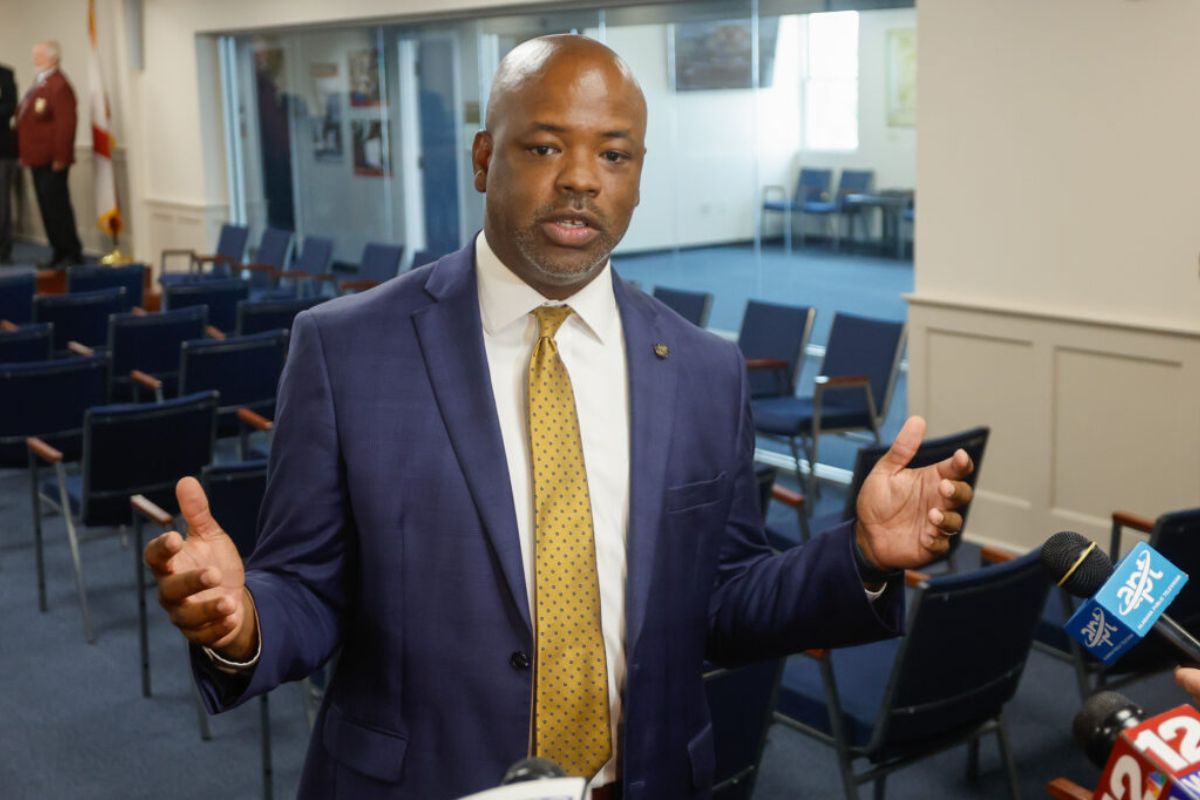House Judiciary Stirs Controversy: The recent decision by the House Judiciary Committee to defer the consideration of HB 299, a bill aimed at reforming parole eligibility for inmates with medical conditions, has ignited a contentious debate among lawmakers and stakeholders. With concerns over the potential ramifications of the proposed changes to Alabama’s parole system, the decision to subject the bill to further examination underscores the complexity of the issue at hand. As discussions on parole rate limitations and the inclusion of health factors in parole decisions persist, the controversy surrounding the bill continues to deepen, leaving many questioning the path ahead.
House Judiciary Committee Delays Bill on Parole Consideration
The House Judiciary Committee’s decision to delay the consideration of HB 299, a bill proposing the inclusion of medical conditions in parole decisions by the Alabama Board of Pardons and Paroles, has raised concerns and prompted further review by a subcommittee.
The committee’s move to refer the bill, sponsored by Rep. Chris England, D-Tuscaloosa, to a subcommittee for additional scrutiny signifies a potential roadblock in the legislative process. Committee members expressed unease with certain aspects of the bill, leading to the postponement of its deliberation.
This delay has sparked speculation and debate regarding the implications and possible amendments needed to address the reservations voiced by committee members. The decision to hold off on the bill’s progression underscores the complexity and sensitivity surrounding the consideration of medical conditions in parole determinations.
As the subcommittee investigates further into the specifics of HB 299, stakeholders and observers await further developments in this evolving legislative saga.
Debate Over Parole Considerations Intensifies
Amid mounting concerns over the Alabama Board of Pardons and Paroles’ parole rate limitations exacerbating prison overcrowding, the intensifying debate on considering health issues in parole decisions has captured significant attention. Currently, health issues are not typically factored into parole decisions, leading to criticism from various quarters.
The ongoing problem of prison overcrowding in Alabama has been further highlighted by criminal justice reform advocates who accuse the Board of Pardons and Paroles of contributing to the issue through stringent parole rate restrictions.
Recent data from the ACLU of Alabama revealed that only about 7% of incarcerated individuals who applied for parole were granted it in July and August 2023. This statistic underscores the severity of the parole rate limitations and their impact on the prison population.
As stakeholders continue to grapple with the implications of these parole considerations, the debate surrounding the inclusion of health factors in parole decisions is gaining momentum, prompting a closer examination of the existing parole policies and their effectiveness in addressing the challenges faced by Alabama’s correctional system.
Controversy Surrounds Proposed Parole Changes
Controversy looms over the proposed changes to the parole system in Alabama as legislators debate the potential implications of England’s legislation and its impact on parole reconsideration timelines. England’s law suggests a reduction in the waiting period before the Board of Pardons and Paroles can review an applicant’s parole status.
Individuals with severe medical conditions, defined as those causing permanent and irreversible incapacitation by medical standards, may contest a parole denial within a tight 28-day window. However, the Alabama House Judiciary Committee identified the need for modifications to the proposed bill before advancing it, leading to its referral to a subcommittee for further refinement.
The measure is slated for a potential vote in the upcoming week, indicating the urgency and significance attached to the alterations being considered. The deliberations surrounding these changes underscore the complexity and sensitivity of parole reform, prompting a thorough examination of the potential impacts on the state’s criminal justice system.
News in Brief
The House Judiciary Committee’s decision to delay HB 299 has sparked intense debate and controversy surrounding parole considerations for individuals with medical conditions in Alabama.
The concerns raised by committee members about the implications and necessary amendments to the proposed changes in the parole system add complexity to the ongoing controversy.
The call for including health factors in parole decisions and criticism of the current parole rate limitations set by the Alabama Board of Pardons and Paroles further contribute to the contentious nature of the issue.
ALSO READ: Lipscomb’s Anti-Squatter Bill Sweeps Through Alabama

